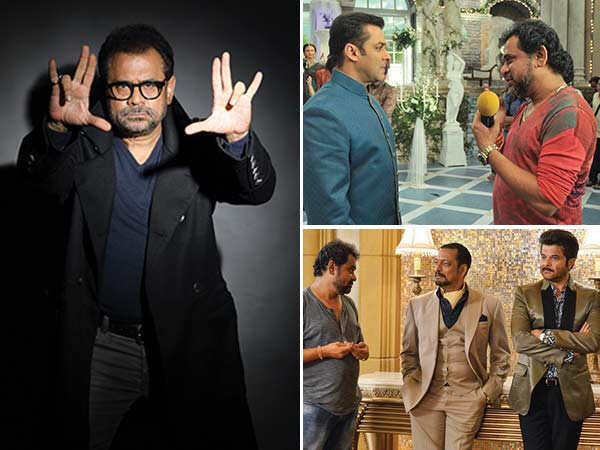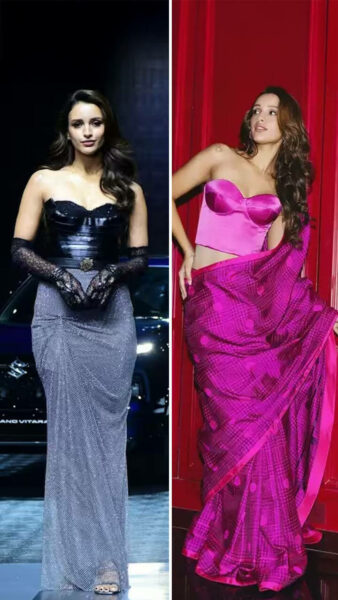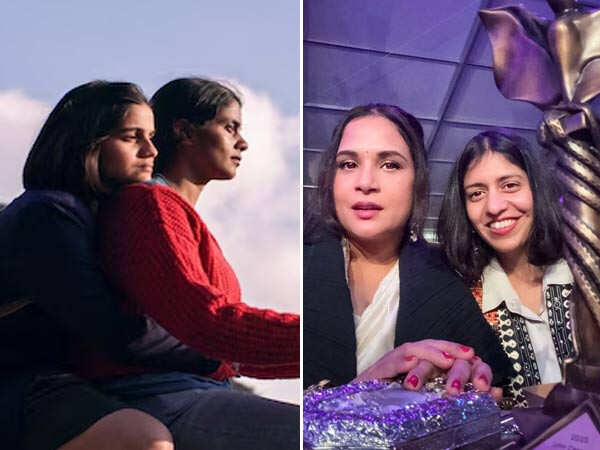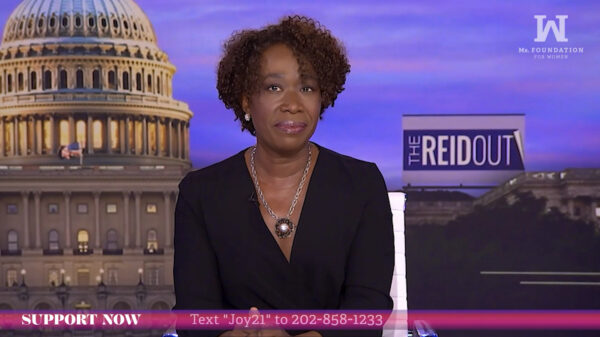No director can claim to fully understand the audience says Anees Bazmee
7 min read
I had been eagerly following up for an interview with Anees Bazmee for quite some time. Bhool Bhulaiyaa 3’s phenomenal success has made Anees incredibly busy, leading to multiple rescheduling of our interview. Finally, two months after the film’s release, we meet at his Jogeshwari office. The place is bustling with visitors, some with scripts in hand, others seeking work and a few newcomers hoping to make an impression. Anees is already deeply engrossed in his next project, a testament to his energiser bunny attitude towards work and perhaps the secret to his success. His spacious cabin is adorned with photographs showcasing his journey from his early works to his latest hits. Our conversation begins over sips of coffee. The writer-director looks within and waxes eloquent as I ask…
After the massive success of Bhool Bhulaiyaa 3, how has life been?
Life has been busy. After the film’s release, the schedule has been nonstop. There were constant interviews, meetings and discussions. Even today people come with scripts, seeking work and looking for opportunities. I’ve immersed myself into my next project already. Maybe that’s why I’m where I am today.
Were you confident about the success of Bhool Bhulaiyaa 2 when it was released during the pandemic?
To be honest, I was scared. That year every film was failing but I had hope. I believe the magic of watching a film on the big screen will never fade. Bhool Bhulaiyaa was originally a psychological thriller. But with part 2, we created a horror-comedy world that resonated with the audiences. Success lies in the correct “mathematics and science” of a film, whether it was casting Vidya Balan or Madhuri Dixit, everything needs to fit perfectly. That’s what this film achieved. And the audience loved it.
Have you come to understand the audience’s pulse?
No director can claim to fully understand the audience. It comes with experience. There’s no shortcut to it. The audience is smart; you cannot fool them. For a film to work, it starts with the story, then the director’s vision, followed by the actors and their performances. I put myself in the audience’s shoes when making films. And their reactions in theatres are the best reviews I can get.
Tell us about your struggling days.
My father, Abdul Hameed ‘Nerang’ Bazmee, was a famous Urdu poet. I grew up writing his shayari and ghazals. I had a tough childhood. I started working at 13 to support my family. I’ve been a spot boy, a clap boy and even a child actor in films like Kitaab and Naseeb. Acting wasn’t my passion; it was a necessity. But I always believed in my hard work and honesty. I knew I would succeed one day because of my dedication.
How did you become a writer? Was it always your dream?
Writing happened by chance. I knew I had the talent but I didn’t set out to become a writer. Initially, I ghost wrote around 30 films and they became hits. Though I didn’t get credit for them. My first independent writing credit was for David Dhawan’s Swarg. Usme bhi mujhe credit nahi mila toh maine film ke posters jo shahar mein lage the un par apna credit de diya (I went around town writing my name on the posters). One magazine wrote an entire column about me and titled it, “The writer has arrived.” I got recognition after that film. Ten years of my experience had gone into writing Swarg. After this I worked a lot with David Dhawan and all the films were hits – Pratibandh, Shola Aur Shabnam, Aankhen, Bol Radha Bol, when all these films became hits, the industry realised that Anees is a good writer. When South films were remade into Hindi, the first name that would crop up would be mine. At that time, I would spend 15 days in Mumbai and 15 days in Hyderabad doing the rewrites. Slowly, the industry recognised me as a reliable writer. I was writing five to six films at a time. The success of No Entry (2005) and Welcome (2007), which I both wrote and directed, changed my life for the better.
What about directing? Was that always the goal?
Yes, I always wanted to be a director. But I knew I had to learn and prepare before working with big actors. I wrote 35-40 films before finally directing one. I wanted to earn the respect of my actors. I knew hard work was the only way.
You’re known for comedies, but have you explored other genres?
Absolutely. My first film as a director, Pyaar To Houna Hi Tha (1998) was a romantic film. Then I made Deewangi (2002), a thriller. Over the years, I’ve explored multiple genres but comedy is closest to my heart. Life has been tough and I believe in spreading joy. Even on my sets, I ensure everyone has fun while working.
You never took shortcuts to success. How did you stay motivated?
Success takes time and I was never in a hurry. I learnt everything on the job, how to write screenplays, how to make audiences laugh or cry. There was no film school or mentor for me. But I was determined. Money was never my priority; passion was.
Raj Kapoor is said to have influenced your work. Can you share an anecdote about the Showman?
I used to be Raj Kapoor’s sixth or seventh assistant and used to give claps in his films. No one can be as passionate about movies the way he was. I imbibed the passion from him. Rajji used to have a den in R K Studio. Once when we were shooting for Prem Rog, he was sleeping in his den. I entered the room for some work and I heard him blabber in his sleep. When I came closer, I could hear him saying, “maile kuchle phool, aur na jaane kya kya.” Doosre din jab hum set par gaye toh unhon jo script haath mei di usme wohi dialogue tha, “Maile Kuchle phool devta ke charno mei nahi chadhaye jaate.” (You don’t offer stale flowers to the Gods) The same dialogue were in the next day’s script. Ye tha unka junoon, sote hue bhi wo apni filmon ke baare mei hi soch rahe hote the (Such was his passion that he used to think about his films even in his sleep). I used to be scared of him. I would never come in front of him. I used to observe him from far and learn. I respected him.
Who are the directors and writers you admire?
I admire Feroz Khan for his style and Vijay Anand for his storytelling. I love Gulzar saab’s and Bimal Roy’s simplicity and Salim-Javed’s powerful dialogue. I’ve always tried to imbibe their qualities in my work. The following lines about Mumbai, attributed to Gulzar: “Ye shahar aisa hai jo phal dene se pehle paise maang leta hai (This city asks for money first before shelling out anything), This Gulzar dialogue about Mumbai being an unforgiving city has stayed with me because I can relate to it. Salim-Javed have also said a similar thing. “Agar iss duniya mei jeena hai toh uska mol toh dena hoga.” (If you wish to survive here then you have to pay the cost). I have tried to mix the emotions contained in Salim-Javed dialogue and have added the innocence and simplicity of Gulzar bhai’s words. I have seen them work from close quarters and analysed them.
How has filmmaking changed over the years?
Earlier, films were made over two-three years. The team bonded like a family. Now, everything is faster and more organised, with bound scripts ready before shooting. While I miss the old days, I adapt to changes and move forward. I have a good bond with almost everyone. I know Anilji (Kapoor) and Boneyji (Kapoor) from when I used to give clap in their films. Nana Patekar became a close friend after Welcome (2007). Ajay Devgn, Salman Khan, Akshay Kumar, Sunil Shetty, Sanjay Dutt, Jackie Shroff… we’ve all known one another for years.I never faced an ego clash even while working in multi-starrers.
How is your equation with today’s generation of actors?
Today’s actors are extremely hardworking. Someone like Kartik Aaryan is dedicated and enthusiastic, ready to shoot at 5 am. Akshay Kumar is always punctual and actors like Salman and Ajay still have that magic. It’s easy to work with them when they trust the director.
Is there anyone you’re eager to work with?
I’d love to work with Shah Rukh Khan, Aamir Khan, Hrithik Roshan, Rajkummar Rao and Ayushmann Khurrana. I believe I can present them in a unique way.
Lastly, what keeps you going?
Passion. I don’t take breaks. I work day and night, writing scripts at odd hours. I believe in constantly moving forward. Life is about believing in yourself and not giving up. Keep walking and success will follow.Anees Bazmee opens up to Suman Sharma. Continue reading …Read More




